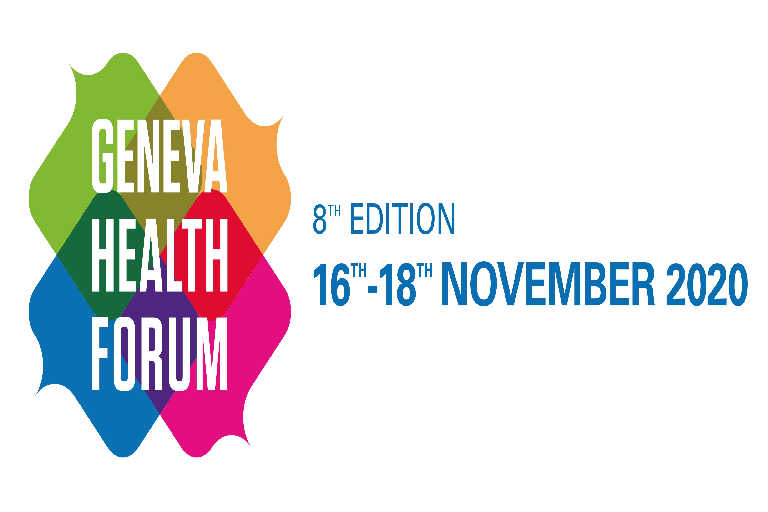As electronic health records (EHRs) become more prevalent in the healthcare community, the number of software options doctors can choose from seems to range as widely as the practices themselves.
According to a recent report from the Office of the National Coordinator for Health Information Technology, there is an effort currently underway to ensure that most if not all EHR systems will have some level of interoperability in the next year years. While different programs operate differently, the report noted they all have many of the same goals as part of a greater shift in the field of medicine.
“This shift requires a high degree of information sharing between individuals, providers and organizations and therefore a high degree of interoperability between many different types of health IT, such that systems can exchange and use electronic health information without special effort on the part of the user,” the authors note.
By working to establish “closed loops,” of information sharing for a patient’s healthcare, the report said, “This kind of system allows individuals to select platforms and apps to share and use their own electronic health information to meet their needs without undue constraints.
In an ambitious goal the authors laid out a plan that would create more global interoperability within a 10-year timeframe, “to catalyze collaboration and action across government, communities and the private sector.”
With interoperability, the authors said it will “make the right electronic health information available to the right people at the right time across products and organizations, in a way that can be relied upon and meaningfully used by recipients.”
Looking at a 10-year goal, the authors hope to build off of the success of some current systems to make for a more uniformed service in the future. However, with so many systems currently in the field, the authors point out that, “several barriers continue to inhibit nationwide operability,” and add that they, “must be overcome rapidly to achieve a learning health system.
Among the obstacles is the fact that EHR systems are not required to be structured or standardized in a certain method to make for seamless transitions of information or sources. They also cite “a lack of financial motives, misinterpretation of existing laws governing health information sharing, and differences in relevant statutes, regulations and organizational policies.”
The report’s authors concede that while it is unlikely there will ever be one singular system used across the country, that does not mean the bulk of the systems should not be able to work together to provide patient information in a safe and effective method.
“This approach is consistent with the way the internet operates today and with the interoperability trajectory experienced in other industries, such as telephone and ATM networks,” the authors noted.
In order to achieve their goals the authors laid out 4 key steps that will need to be taken. This includes setting up a framework and process for stakeholders to follow as part of the process, improving technical standards and implementation guidelines, enhancing incentives to take part in the program, and clarifying privacy and security questions about the program.
“An interoperable health IT ecosystem makes the right data available to the right people at the right time among disparate products and organizations in a way that can be relied upon and meaningfully used by recipients,” The authors said.
By the time the 10 year mark is reached the authors said, “individuals, care providers, communities, and researchers should have an array of interoperable health IT products and services that support continuous learning and improved health.” They argue that by doing this, not only will information be shared more efficiently, but it will also result in lower healthcare costs, “improved population health, truly empowered consumers and ongoing technological innovation.”






























